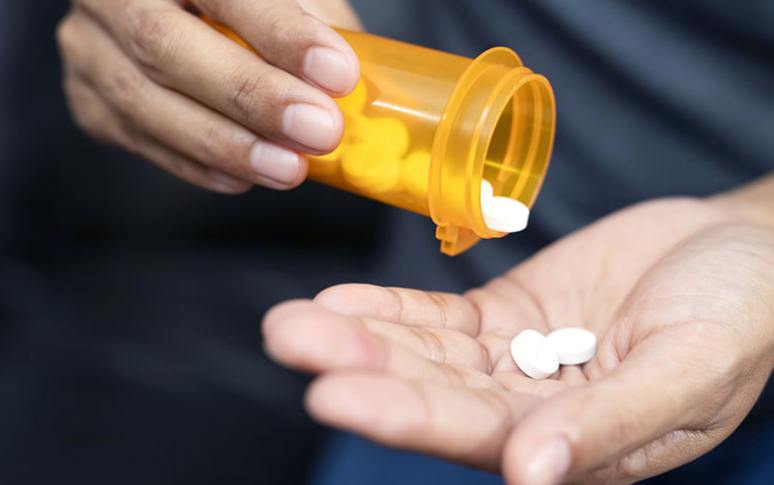1. What is Strep Throat?
Do you have a sharp sore throat that makes it hard to swallow? Be warned, you may have a strep throat. Let's discover everything you need to know about strep throat!
Strep throat is an infection that is triggered by group A Streptococcus bacteria. This particular type of bacteria can cause a host of uncomfortable symptoms. One of the most prominent signs is a severely sore throat. The pain is often so intense that it becomes extremely difficult to swallow. Along with this, a person suffering from strep throat may experience a fever, which can range from mild to quite high. Swollen lymph nodes are also a common occurrence. For instance, it might make it hard to go to work or school, or even perform simple tasks at home.

2. Causes and Risk Factors
The bacteria responsible for strep throat are spread through respiratory droplets. When an infected individual coughs or sneezes, these droplets are released into the air and can be inhaled by others. This makes close contact with an infected person in settings such as schools or offices a major risk factor. In these environments, people are in close proximity to one another for extended periods of time, increasing the likelihood of transmission. Additionally, people with weakened immune systems are much more susceptible to strep throat. This could include those with chronic illnesses, the elderly, or individuals who are under a lot of stress. A weakened immune system is less able to fight off the bacteria, making it easier for the infection to take hold.

3. Diagnosis
When a person suspects they have strep throat, a doctor will typically perform a physical examination. This may involve looking at the throat for signs of inflammation and swollen lymph nodes. In many cases, the doctor may also order a throat swab test. This test is a crucial tool as it can quickly identify the presence of the group A Streptococcus bacteria. Prompt diagnosis is of utmost importance as it allows for early treatment, which in turn helps prevent potential complications. By catching the infection early, the chances of a full recovery are significantly increased.

4. Treatment Options
Antibiotics are the mainstay of treatment for strep throat. These medications work by attacking the bacteria and helping to relieve symptoms. They also play a vital role in preventing the spread of the infection to others. It is essential to take the full course of antibiotics as prescribed by the doctor. Skipping doses or stopping treatment early can lead to a recurrence of the infection or the development of antibiotic-resistant bacteria. In addition to antibiotics, rest is crucial. Getting plenty of sleep allows the body to focus its energy on fighting the infection. Drinking plenty of fluids helps to keep the body hydrated and can soothe a sore throat. Over-the-counter pain relievers can also be used to manage symptoms such as fever and pain.

5. Complications
If strep throat is left untreated, it can lead to serious complications. One such complication is rheumatic fever. This condition can cause damage to the heart, joints, and other organs. Kidney inflammation is another potential complication. These complications can have long-term health consequences and may require extensive medical treatment. Therefore, early treatment is essential to avoid these serious outcomes. By seeking medical attention promptly and following the treatment plan, a person can greatly reduce the risk of developing complications.

6. Return to Normal Activities
After receiving treatment for strep throat, it is important to listen to one's body. As a person starts to feel better, they can gradually return to their normal activities. However, it is crucial to avoid overexertion until they are fully recovered. Pushing oneself too hard too soon can lead to a relapse of the infection. Taking things slow and allowing the body enough time to heal is the key to a complete recovery and a return to a normal lifestyle.

7. Prevention
Good hygiene practices are essential for preventing strep throat. Frequent handwashing is one of the most effective ways to reduce the risk of infection. By washing hands regularly, especially after being in public places or touching surfaces that may be contaminated, a person can significantly lower their chances of coming into contact with the bacteria. Avoiding close contact with infected people is also important. If someone is sick, it is best to keep a safe distance. Covering the mouth when coughing or sneezing helps prevent the spread of respiratory droplets. Additionally, maintaining a healthy lifestyle with a balanced diet and regular exercise can boost the immune system. A strong immune system is better able to fight off infections and reduce the risk of developing strep throat.

Was this page helpful? Give us a thumbs up!





